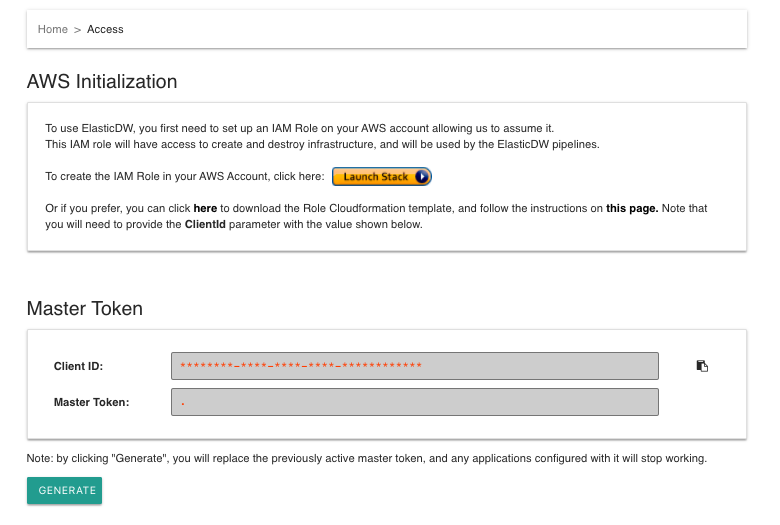


Alternatively, you can set the encoding on a "per-command" basis using: `ssh-keyscan $host | Out-File ~/.ssh/known_hosts -Encoding 'utf8'` In Powershell you can set the default encoding for `>`, `>` and `Out-File` by using the command: `$PSDefaultParameterValues = 'utf8'`. > When this file is newly created, make sure that this file uses UTF-8 encoding without byte-order mark (BOM).

> You can also hash the hosts names and addresses by using the `-H` switch: `ssh-keyscan -H $host > ~/.ssh/known_hosts` > The easiest way to add a host to `~/.ssh/known_hosts` is by using the command: `ssh-keyscan $host > ~/.ssh/known_hosts`, where `$host` is `localhost` or the name or IP address of the host. > When using `type = "ssh"`, terraform will always use the most elevated credentials available to the configured user. > When using `type = "local"`, you need to run terraform from an elevated shell. > The provider's API needs elevated credentials ("Run as Administrator") for most methods. When insecure = true, this check is disabled. When insecure = false, the certificate of the windows computer is checked against the user's known hosts on the machine that runs Terraform, as specified by the file ~/.ssh/known_hosts. Insecure - (Optional, defaults to false) - Allow insecure communication. Password - (Required) - The user password for communication with the windows computer. User - (Required) - The user name for communication with the windows computer. Port - (Optional, defaults to 22) - The port for SSH-communication with the windows computer. Host - (Optional, defaults to "localhost") - The name or IP-address of the windows computer. type - (Optional, defaults to "local") - The type of connection to the windows computer: "local" or "ssh".


 0 kommentar(er)
0 kommentar(er)
